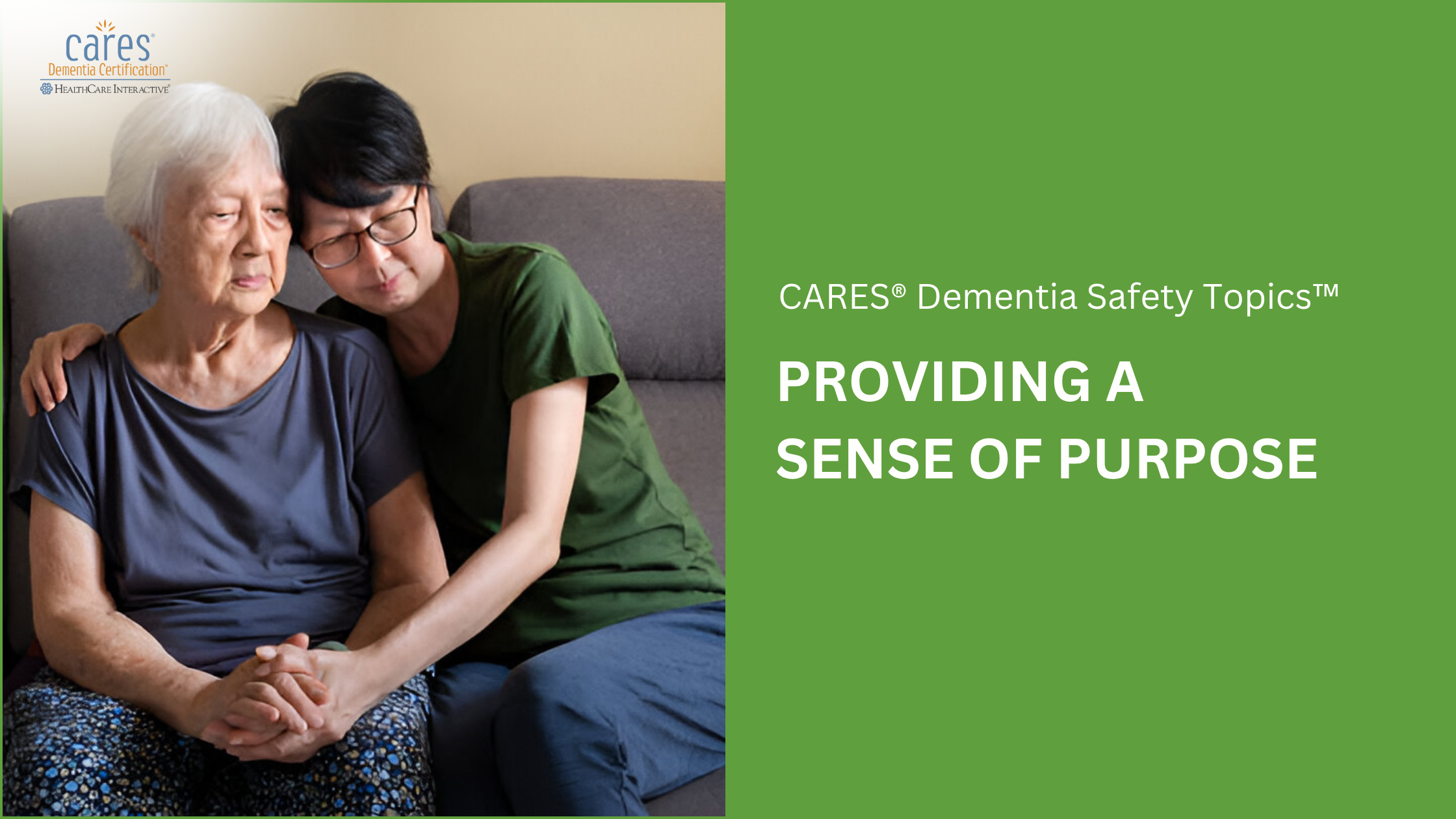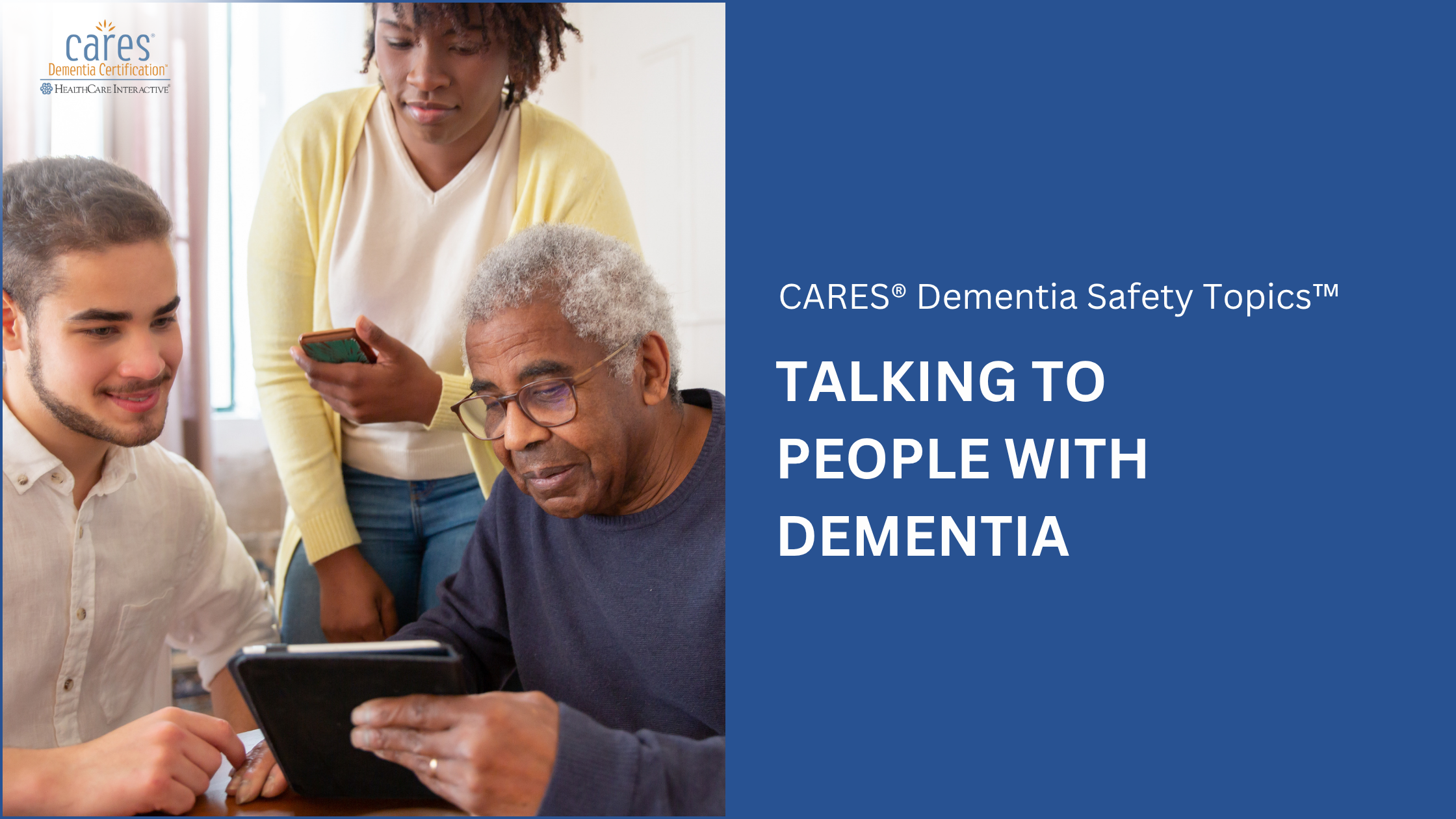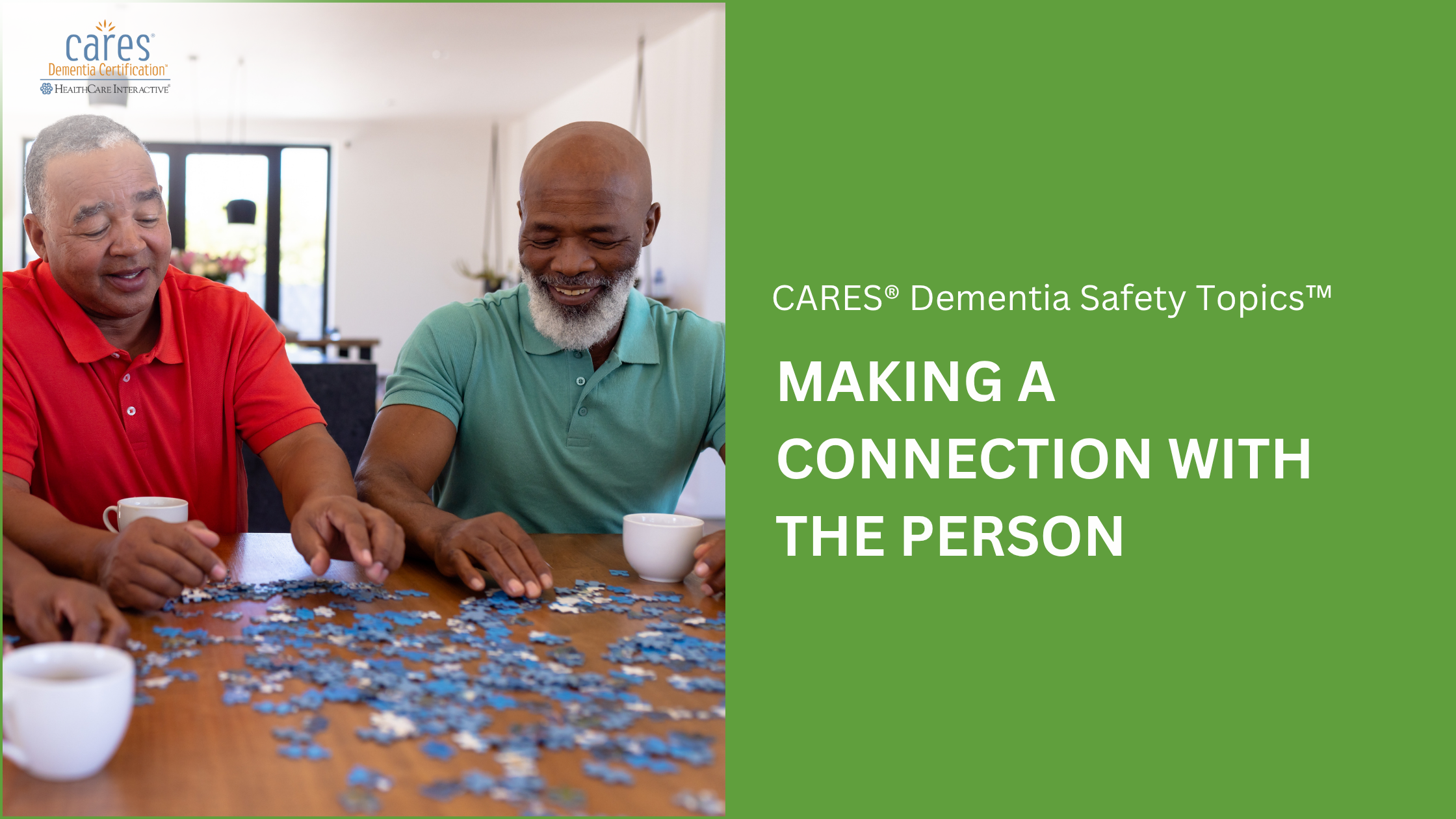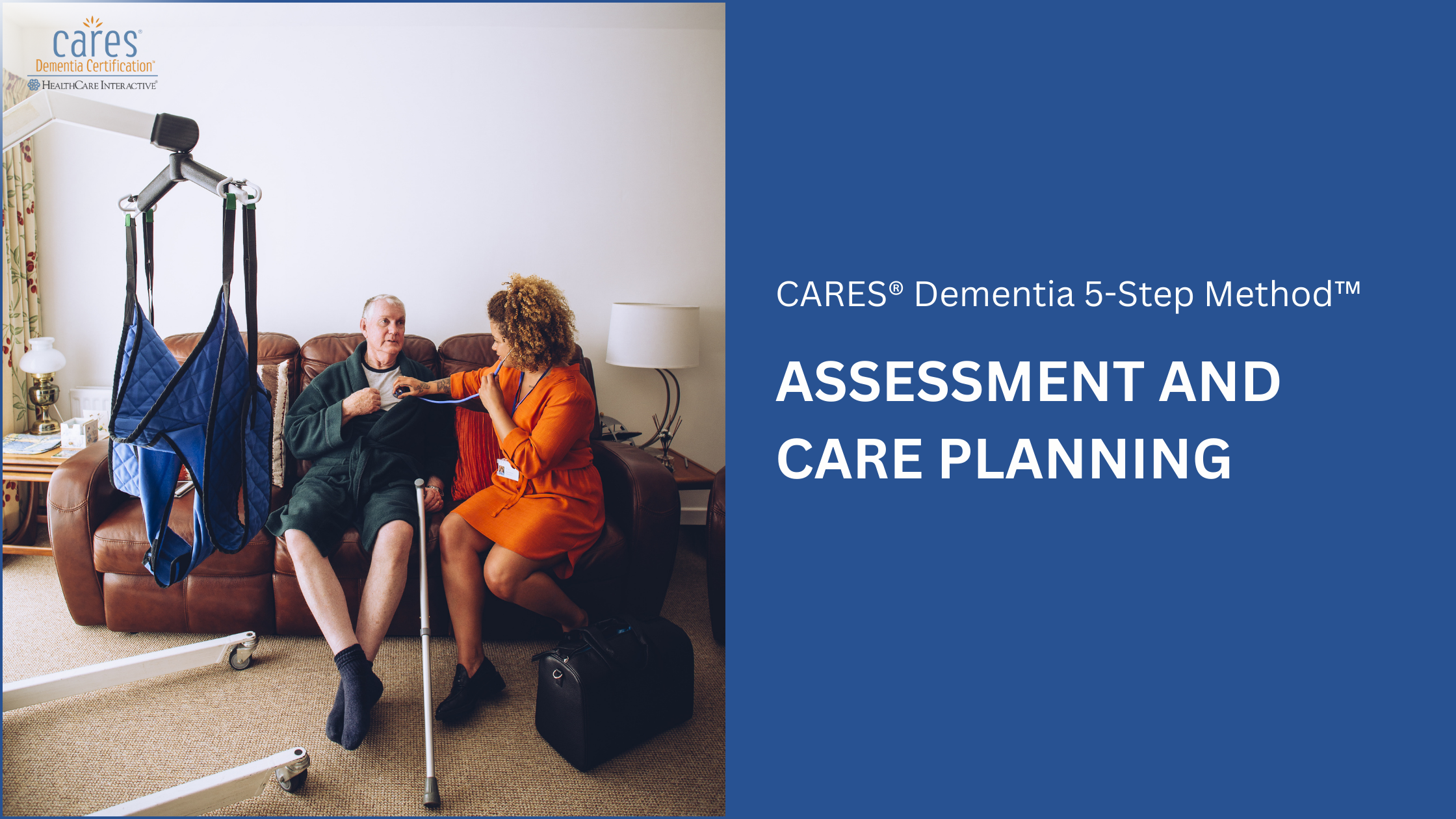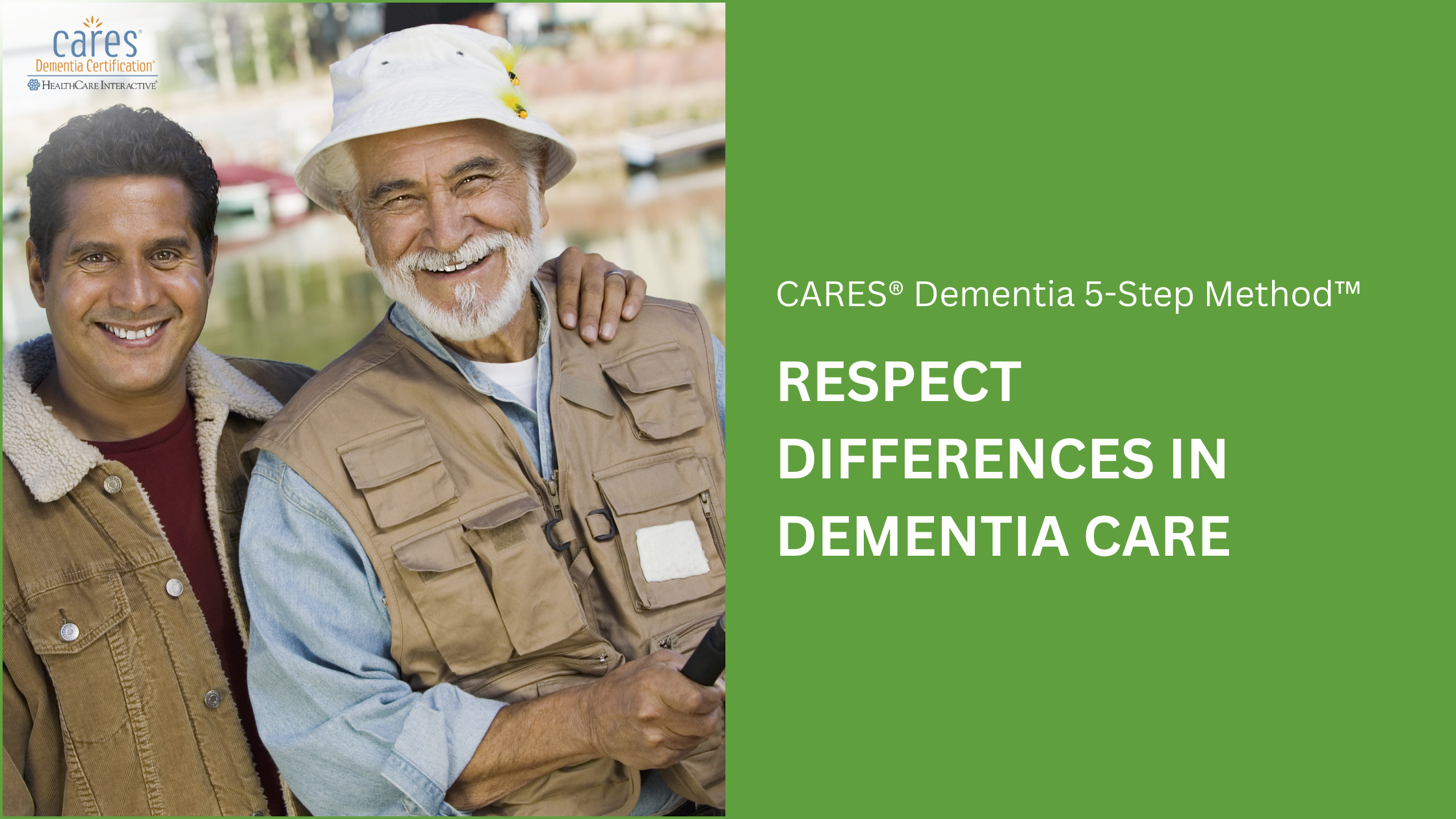Connecting with a person living with dementia can often begin with a simple conversation—especially when that conversation centers around something meaningful to them. Talking about their interests, past experiences, or cherished memories is a powerful way to engage. But beyond conversation, what else can make their day truly fulfilling?
Meaningful Activities for People with Dementia
Sometimes, it’s the ordinary things that matter most.
Think about the routines we all follow each day—making breakfast, watering the plants, folding laundry. These tasks may seem small or mundane, but they serve a bigger purpose. They ground us. They give our days structure and meaning. Often, we do them without even realizing their significance.
For someone with dementia, these everyday activities can offer that same sense of purpose. In fact, feeling useful—no matter how small the task—is deeply important, especially when someone is navigating cognitive or physical challenges. A sense of usefulness boosts self-esteem, reduces feelings of helplessness, and contributes to overall well-being.
Simple routines like setting the table, brushing a pet, or helping fold clothes aren’t just chores—they’re opportunities. Opportunities to feel included, to participate, and to contribute.
By encouraging and supporting these small daily activities, caregivers can help create moments of connection and joy. And in those moments, a person with dementia can experience something we all deserve—a good day, with purpose and meaning.
Even simple daily tasks can create a powerful sense of purpose in dementia care. Want to enhance your skills? Get $25 OFF any CARES® online training with code 2MYVB5 at checkout. Offer valid until June 30, 2025.

